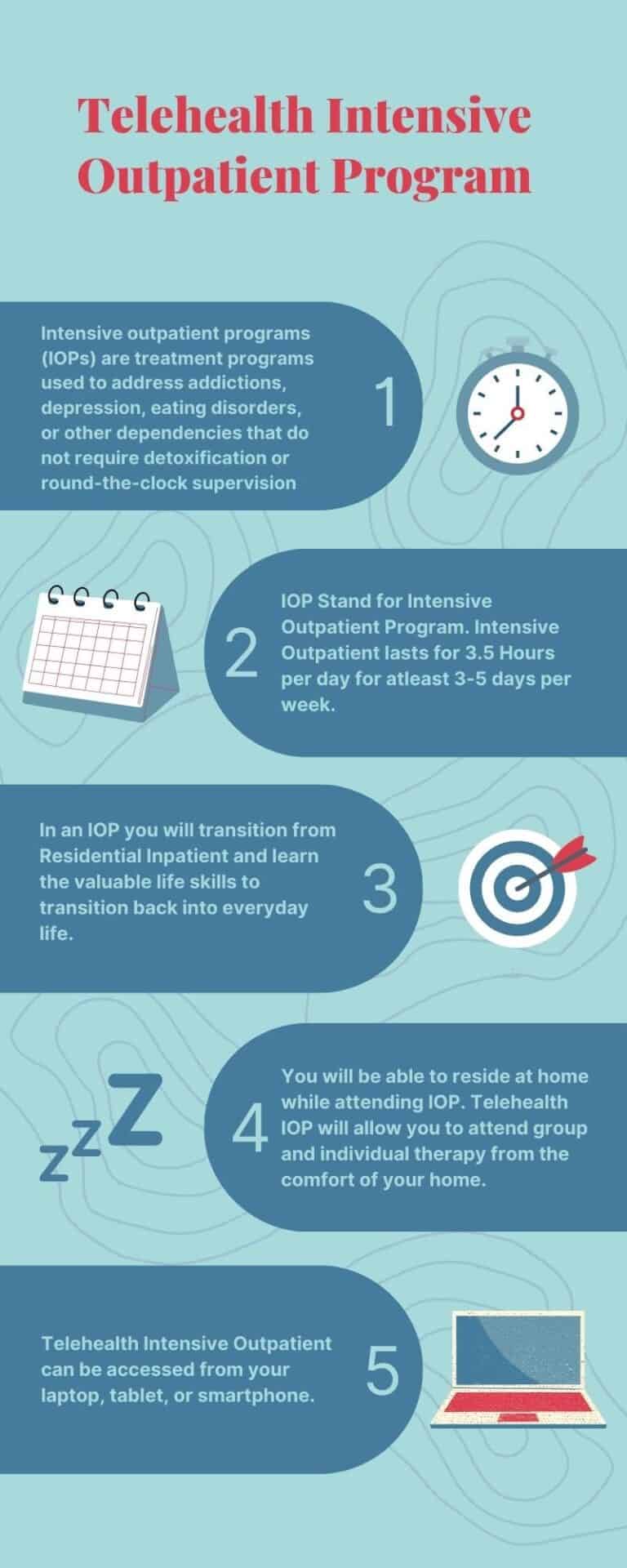Browsing the Complexities of Dual Diagnosis Therapy Within an Extensive Outpatient Program Setting
In the realm of mental health and addiction treatment, the crossway of dual medical diagnosis presents a nuanced challenge that requires a comprehensive and customized method. By discovering the complexities of double diagnosis treatment within this intensive outpatient context, a clearer course arises towards all natural and sustainable recuperation for those grappling with these intertwined obstacles.
Dual Medical Diagnosis Overview
What is the significance of recognizing twin diagnosis in psychological health treatment? It is important to acknowledge and address this comorbidity as it can dramatically affect the effectiveness of psychological wellness treatment.
Understanding twin medical diagnosis is important as it calls for a comprehensive and integrated technique to treatment. By acknowledging the interaction between material usage and mental wellness, health care companies can tailor interventions to fulfill the distinct requirements of each individual. This holistic method not just addresses signs and symptoms yet likewise targets underlying factors that add to the double medical diagnosis.
Additionally, untreated twin diagnosis can bring about a cycle of regression and aggravating mental health and wellness symptoms. By recognizing the complexity of twin medical diagnosis and offering specific care, healthcare experts can sustain people in achieving long-term recovery and improved mental wellness.
Tailored Treatment Strategies
Identifying the intricate interaction in between compound use disorders and mental health and wellness conditions, the development of customized therapy plans is vital in resolving the intricacies of dual diagnosis in psychological health therapy. Tailored treatment strategies are individualized approaches that think about the distinct requirements, challenges, and objectives of people facing dual diagnosis. These plans are developed collaboratively by a multidisciplinary group of professionals, including psychiatrists, psycho therapists, social employees, and addiction professionals, to ensure comprehensive and incorporated care.
Tailored therapy strategies commonly include a mix of therapies, drugs, and behavioral treatments that target both the compound use condition and the mental health problem at the same time. These plans might consist of cognitive-behavioral therapy, dialectical actions therapy, medication-assisted treatment, individual counseling, team treatment, and family members treatment, to name a few evidence-based treatments. By personalizing therapy methods to specific circumstances, tailored strategies can attend to the origin of twin diagnosis, promote long-term healing, and improve total high quality of life for people dealing with co-occurring conditions.
Integrated Care Strategy

By including social interventions like family treatment, professional support, and area resources, the therapy comes to be extra alternative and tailored to the person's particular requirements. On the whole, an integrated care method in double medical diagnosis treatment within an extensive outpatient program setting intends to offer extensive, efficient, and individualized care to individuals dealing with co-occurring problems (Intensive Outpatient Program (IOP)).
Obstacles in IOP Setting
In the context of find more info double diagnosis treatment within an extensive outpatient program, navigating the complexities of co-occurring compound use conditions and psychological health and wellness problems provides significant challenges. One of the primary hurdles in the IOP setting is the sychronisation of treatment in between mental wellness professionals and chemical abuse specialists to make certain a detailed therapy technique. This calls for efficient communication, partnership, and a deep understanding of just how these conditions connect and affect each other.
Moreover, the ever-changing nature important usage conditions and psychological health problems adds another layer of intricacy - Intensive Outpatient Program (IOP). Clients in an IOP might experience sudden changes in their symptoms or substance yearnings, needing punctual treatment and modification of therapy techniques. Stabilizing the strength of therapy and support while enabling clients the flexibility to handle their everyday obligations can be a fragile stability to maintain
Furthermore, attending to stigma and resistance to treatment within the IOP setup can impede development. Some individuals may be hesitant to reveal their double medical diagnosis or might really feel embarrassed, hindering their interaction in the healing process. Getting over these barriers demands a helpful and non-judgmental environment that fosters depend on and visibility.

Collaborative Specialist Initiatives

Joint initiatives also prolong to normal interaction and info sharing amongst group members to guarantee a cohesive treatment method. Inevitably, a united front of experts working together boosts the efficiency of dual medical diagnosis treatment within an look these up intensive outpatient program.
Conclusion
Finally, efficient twin medical diagnosis therapy within an extensive outpatient program setting requires customized treatment strategies and an integrated treatment approach. Challenges might arise in this setup, but joint efforts amongst specialists can aid browse these complexities. By attending to the special requirements of individuals with co-occurring mental health and material use conditions, IOP programs can supply comprehensive and all natural like sustain recovery and general health.